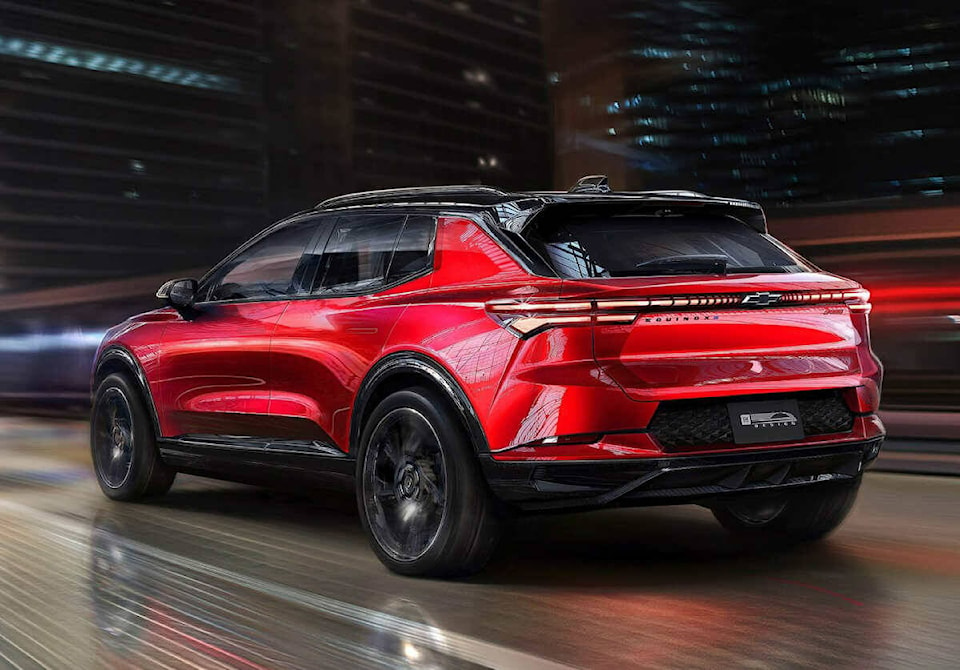In 2024, the automotive landscape is more electrifying than ever. With electric vehicles (EVs) making up nearly 15% of global car sales, according to Bloomberg Green, the race is on between traditional gas-powered cars, hybrids, and their fully electric counterparts. But which offers the best value for drivers today? In this article, we’ll explore the differences between these vehicle types, compare their costs and benefits, and help you decide which might be the right choice for you.
The Rise of Electric Vehicles in 2024
Electric vehicles have taken the world by storm, with major brands like Tesla, Rivian, and BYD leading the charge. According to Reuters Mobility, EV sales surged by 30% in the first half of 2024, driven by advancements in battery technology and expanded charging infrastructure. But how do they stack up against hybrids and gas-powered cars?
Electric Cars: The Future of Driving
Benefits of Going Electric
- Lower Operating Costs: EVs are known for their lower operating costs compared to gas cars. According to InsideEVs, fueling an EV costs about half as much as a gasoline car, depending on electricity rates.
- Environmental Impact: Zero tailpipe emissions make EVs the greenest option. The International Energy Agency (IEA) reports that switching to EVs can reduce your carbon footprint by up to 50%.
- Performance: EVs offer instant torque, providing a smoother and faster acceleration than traditional vehicles.
Challenges to Consider
- Initial Cost: While prices are dropping, EVs still tend to have a higher upfront cost. However, federal rebates and incentives can help offset this.
- Charging Infrastructure: Although the network of charging stations is expanding, it may still be less convenient than refueling at a gas station, especially in rural areas.
Hybrids: The Best of Both Worlds?
Advantages of Hybrids
- Fuel Efficiency: Hybrids offer excellent fuel efficiency, often achieving 50+ MPG. This can lead to significant savings on fuel costs over time.
- Flexibility: With both a gasoline engine and an electric motor, hybrids eliminate range anxiety, making them ideal for long-distance travel.
Downsides to Note
- Maintenance Costs: Hybrids can have higher maintenance costs due to their complex systems.
- Environmental Impact: While better than gas cars, hybrids still emit CO2 and other pollutants.
Gas-Powered Cars: The Traditional Choice
Why Some Drivers Stick with Gas
- Initial Purchase Price: Generally, gas cars are cheaper upfront than EVs and hybrids, making them more accessible to budget-conscious buyers.
- Infrastructure: The refueling infrastructure for gas vehicles is ubiquitous and well-established.
Drawbacks of Gas Cars
- Fuel Costs: Fluctuating fuel prices can lead to unpredictable costs. A report from AutoCar notes that gas prices have increased by an average of 3% annually.
- Environmental Concerns: Gas cars produce higher emissions, contributing to climate change and air pollution.
Practical Comparisons and Recommendations
What to Consider When Buying
- Budget: Assess your total budget, including purchase price and ongoing costs like fuel and maintenance.
- Driving Habits: If you have a long daily commute or travel frequently, a hybrid might offer the best balance of range and efficiency.
- Environmental Impact: If reducing your carbon footprint is a priority, an EV is the clear winner.
Charging Your EV: Tips and Tricks
- Home Charging: Invest in a Level 2 home charger for faster charging times. Wired suggests that this can reduce charging times by up to 75%.
- Public Charging Networks: Use apps like PlugShare to locate nearby charging stations and plan your routes accordingly.
Where to Buy
- Authorized Dealers: Brands like Tesla and Rivian sell directly to consumers, while others like Ford EV and Hyundai offer both online and dealership options.
- Online Platforms: Websites like AutoTrader and Carvana offer a wide range of new and used vehicles, including EVs and hybrids.
Conclusion: Making the Right Choice for You
In 2024, the choice between EVs, hybrids, and gas cars depends largely on your personal priorities. If you’re seeking the most environmentally friendly option with lower operating costs, an EV might be your best bet. For those prioritizing flexibility and range, a hybrid could offer the perfect compromise. And if upfront cost and existing infrastructure are your main concerns, a traditional gas vehicle might still be the way to go.
Ultimately, the best value comes from aligning your choice with your lifestyle and values. As technology continues to evolve and infrastructure improves, the gap between these options will likely continue to narrow. So, which will you choose? Share your thoughts in the comments below! As we look ahead, the future of transportation promises to be exciting, dynamic, and increasingly sustainable.

